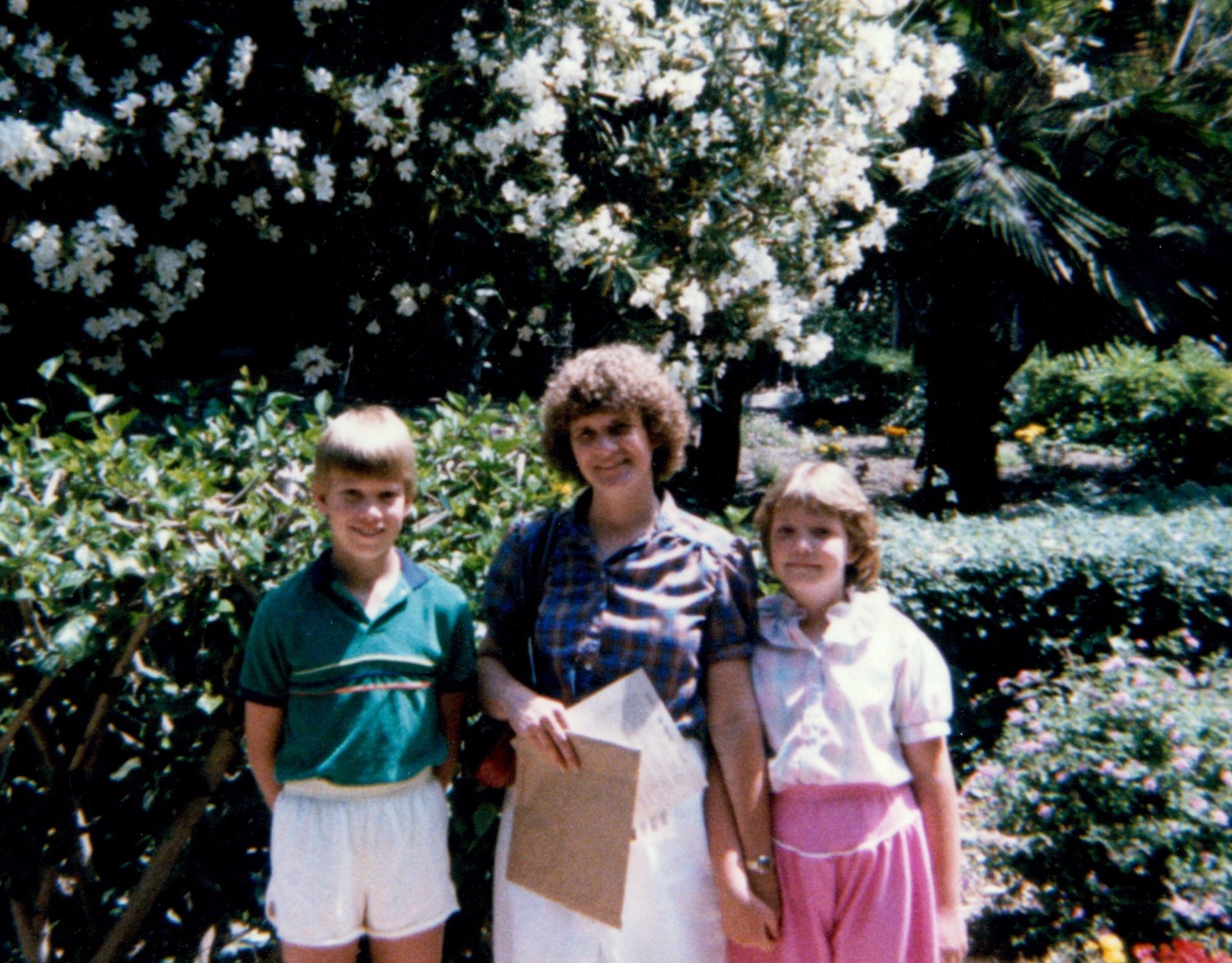When Disease Takes Everything, Something Remains
In the film adaptation of Charles Frazier’s Cold Mountain, the character Ruby Thewes looks fiercely forward and says, “This world won’t stand long. God won’t let it.”
I don’t write often about the home my parents occupied for seven years at the end of their lives. The reach of my mother’s advancing Alzheimer’s disease breached every boundary there; it all spilled, the over-water caring not at all. My mother could hold the floor in lively conversation and then could not. She read books and newspapers and then could not. The flood obeyed only gravity and atoms, and it left an ugly swath that runs from ear to heart. At the scar, an observer might still cringe.
I search now for happy memories in my parents’ last years, wishing I wouldn’t always alight upon my youth for the grins of going back. Surely there were happy times right before the flood, even after the first breaches. My mother liked the local salad buffet restaurant. There was that. She and my dad kept a child car seat in their Corolla. I could call and say I was running behind — can you pick up the kids today? There was that.
But over these later memories, despite me, there is the pall of what was looming. And I remember so readily what was hard. I want to spare them from the coming storm. I want to spare me.
There was one evening, mid-way through the course of my mom’s disease, when I thought I would try humor. Maybe we can just do the preposterous and laugh at this. I took her on a walk at dusk and made her move quickly — get that heart pumping, you know. My mom had been sad. She was often sad as her brain began to fail, saying goodbye as she was to herself.
The evening air and the brisk walk will cheer us, I told myself. The neighborhood adjacent my parents’ condo was full of families, a tricycle and golden retriever sort of place. “You just have artificial sweetener brain damage,” I told her as we walked amid that scene. The pace of my voice was exaggerated for comic effect. “You got sweetener poisoning and now you’re getting dumber and dumber.” In earlier years she would’ve assumed mock outrage and scoffed and I would’ve felt silly and irreverent. Instead she nodded, lips parted, as if to say okay.
No I’m kidding, Mom. It’s a bad joke. I’m joking.
Nothing helped my mother at all and she suffered. There was no pain pill, no spinal tap, no surgery, no slowing, no span of reprieve, no hope of recovery. Her eyes only sunk further and widened as her confusion grew. Finally, a year ago, she died. It was the last demonstration of her will and her love, I see now.
In the final year of my mother’s life she developed a habit of imitating birds. By then she required constant care. She would open the door to her living quarters, revealing a pleasant but locked courtyard, and she would let out a breathy whistle as if to play in the avian world, to speak to the birds. By then I didn’t use names. I didn’t speak of anything other than the present. The room. The trees. The birds. My mother witnessed my father’s death in that space. His hospital bed was situated in the living room as his life ended with organ failure and the loss of his cognitive abilities. It seemed, as my father lay dying, that my mom was a bird outside the window, still singing in pretty loops, perched. On the surface she appeared to have not even the understanding of a child; she was only the hopping finch. Perhaps we will spot a robin today.
She went on after his death, none of her drawstring-waist pants small enough to fit her gaunt frame. Within six weeks she was hospitalized, where she did not sleep. She would not stop walking. She walked until they stopped her. And then she would not walk at all.
Not long before my father died, there was a day when my mother and I were alone with him, he asleep as he often was in his hospice bed. She padded around the room. There wasn’t much to say. I would eye her when she moved further away from me, like a mother would a young child. Don’t fall. Don’t touch. Are you okay. I let her step several feet down the hall and she disappeared into the bathroom. She returned with the rug from the bathroom floor. She rested it, heavy and bunched, on my father’s legs.
I was an affectionate child. As a little girl, when I sat next to my mother, I often left no space between us. I would hook my arm in hers and memorize her hand. I would rest my head on her shoulder. I understood my mother’s fingers and her profile. She was my home. When she placed the bathroom rug on my dad’s legs, they both about to die, I was again the little girl sidling and curled.
We are home. Oh, I murmured, still. Oh. There was nothing measurable in my dying mother’s act of love, nothing that came with a definition.
Oh. And when we die, we say we’ll catch some blackbird’s wing, and we will fly away together, on some sweet blue bonnet spring… — From “Gulf Coast Highway”
My mother did not live 100 days past my father’s death. This world won’t stand long. God won’t let it.
Originally published at medium.com


